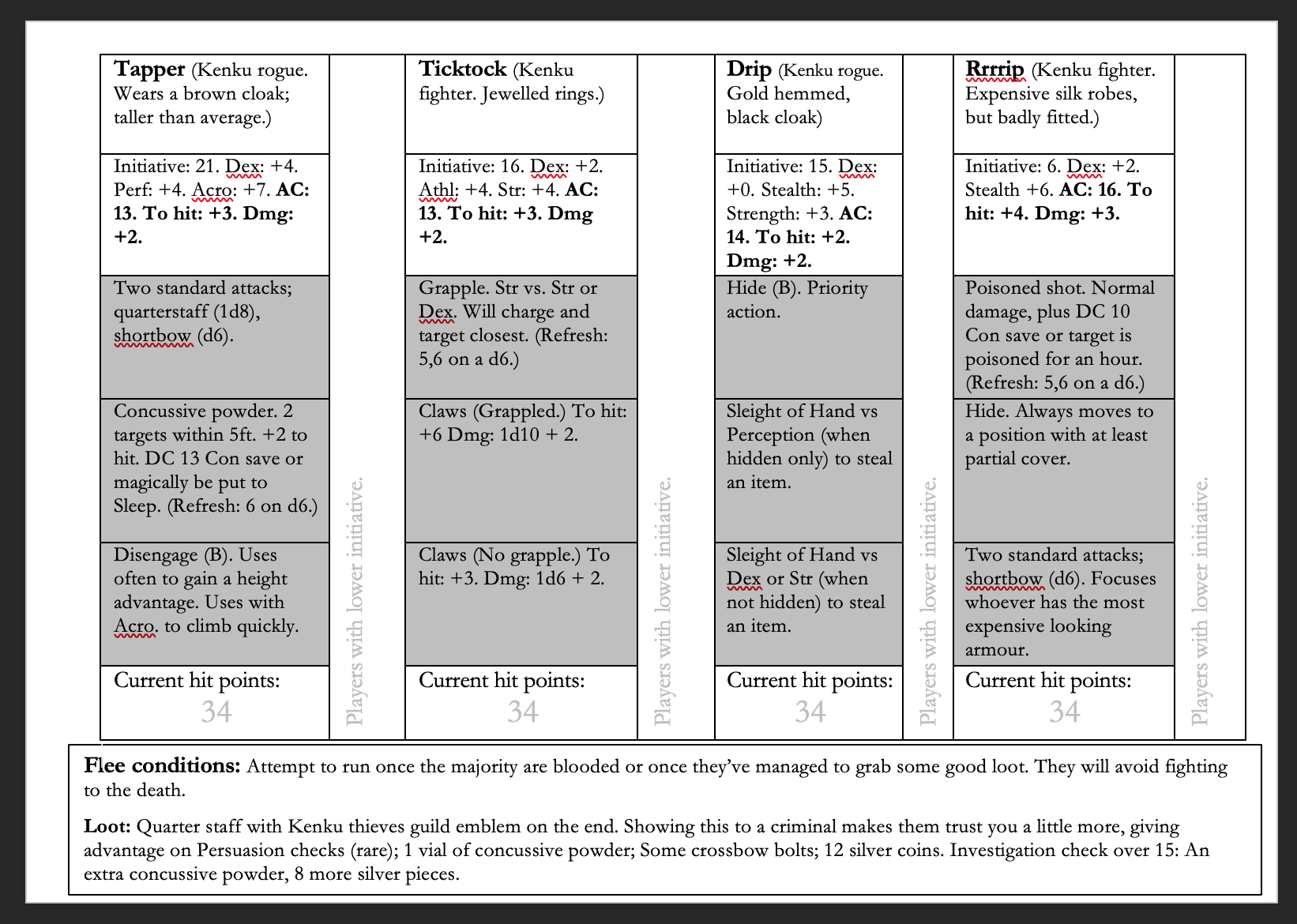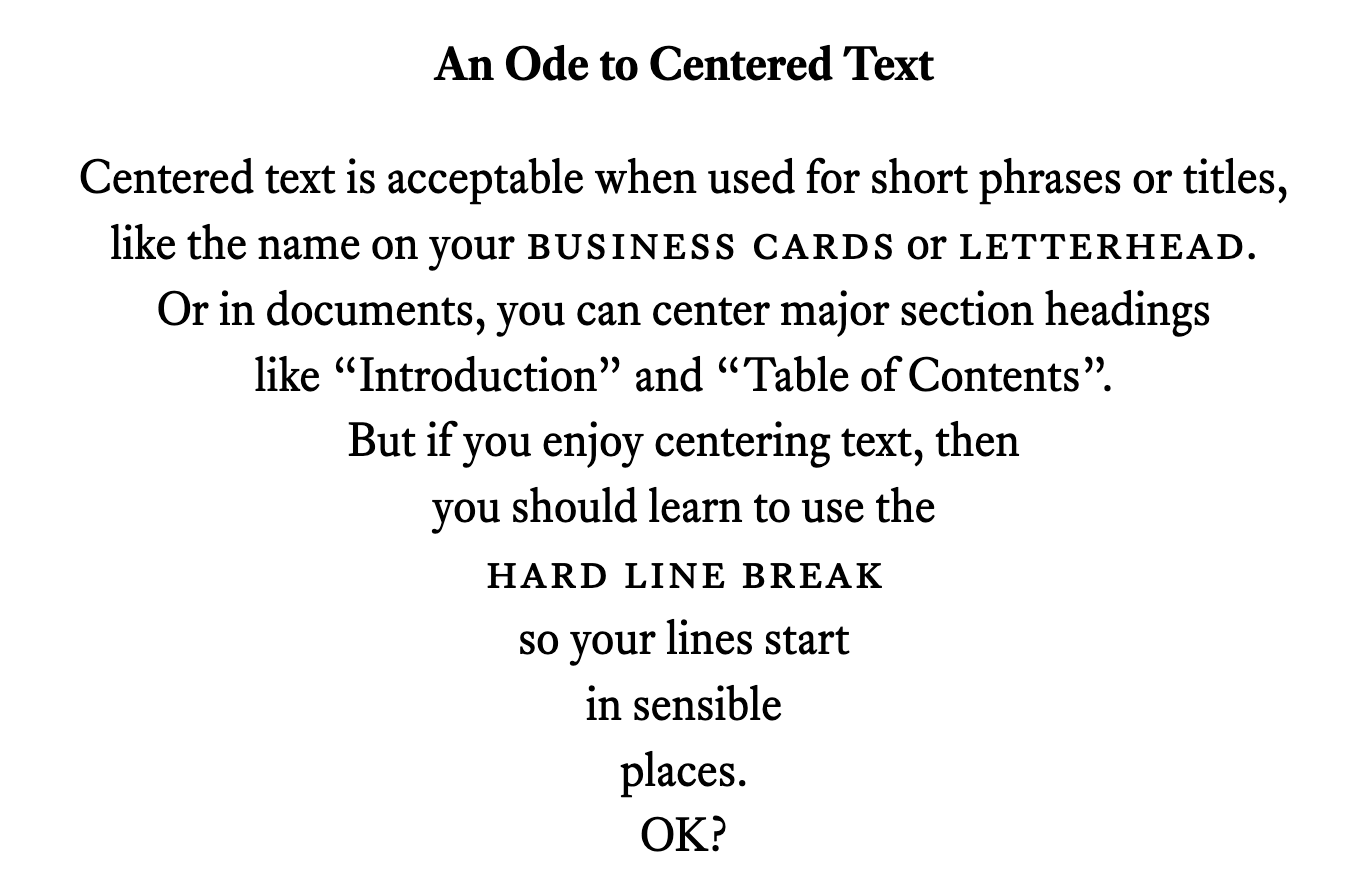“Everyone has a novel inside of them, and that’s perhaps the
best place for it to stay,” is a witticism that I find a bit disheartening.
There are quite a few people out there and judging by the number of hours
humans have spent watching Gangam Style alone they have plenty of time too.
Surely, someone must appreciate your drivel if they come across it at the right
time in their life. If it fills a niche – however specific that niche may be –
then someone must like it, somewhere out there.
On the unlikely event that there is literally no one, you
can at least attempt to have fun whilst writing. Then it’s just a hobby you
enjoy doing. It’s quite possible that writing a novel only you will ever read
(or find worth reading) is as much as a waste of time as video games, but we
still play those by the decade every day.
So, I say to you, just bloody write. Keep writing through
the shit parts (you can always edit it later; another hobby to take up, perhaps)
and push on for an end. A cliched end, an unsatisfying end, or even kind of
meandering end that clutches to life for a few pages too long. Write your story
and be glad you’ve done it. Then start on your next. That might be better, who
knows.
The bad news is that getting to the end is awfully hard and
I’m not sure why. I always lose interest. Often, I do have a premise that I quite
like. As an example, I took Aladdin recently and tried writing it as if it were
set in the future; a cyberpunk scavenger comes across a long-lost artificial
intelligence which appears to have been created and then lost before it could
find time to boot up. The AI so incredibly sophisticated that even today it can
hack into any Internet-connected system, offering the opportunity to collect cash,
information, even a cleared criminal record. That’s when the antagonist
appears, someone who spots this highly intelligent algorithm poking around some
servers and sets out to get their hands on it no matter the cost – and awfully,
does. How will our hero get the tech
back into the correct hands? Well, you know the plot of Aladdin.
I’m pretty pleased with that premise. A spin on a tale told
many times before. I’ve not managed to finish it though. I’ve not managed to
get past just the opening few paragraphs. I’m really unsure why.
At times like these, when a writer has an idea and can’t get
it onto the page, do they just push on and crank it out? That was my very
advice I just put above. Is that always the correct advice to live by though?
Instead, should I decide that the story hasn’t gripped me, regardless of how
interesting the idea might be, and I should just move onto the next idea?
I wonder if I keep pushing, will I get the ball rolling and
start to gain a rhyme.
I suppose there’s only one way to find out.

